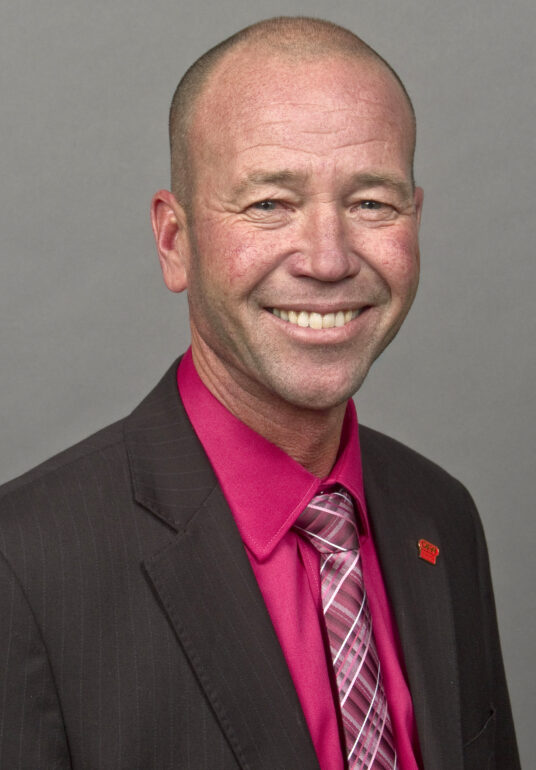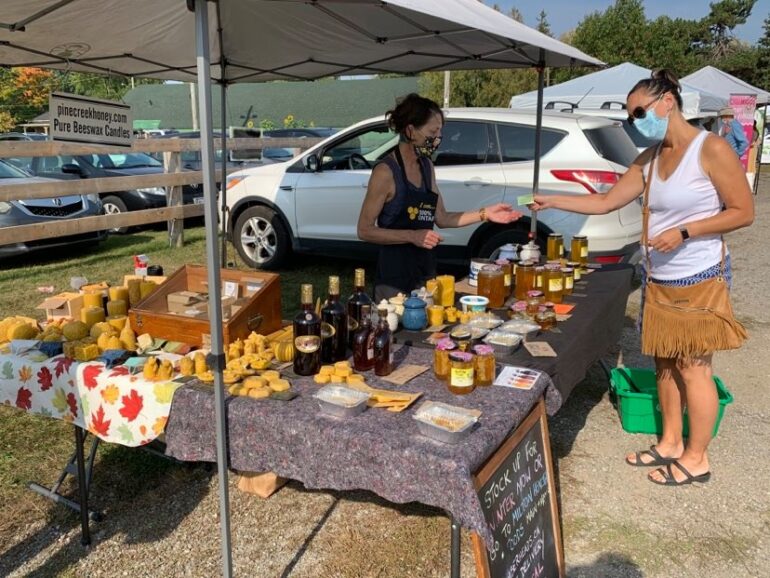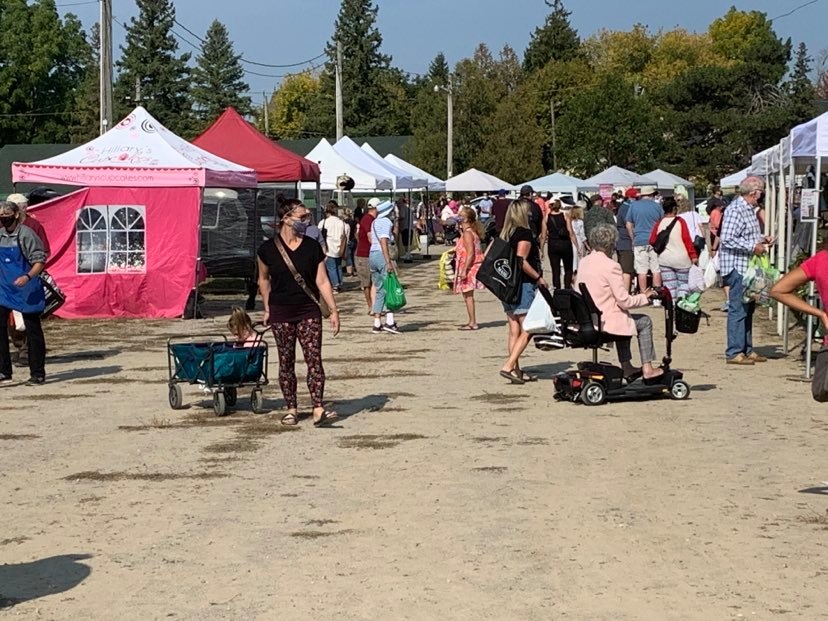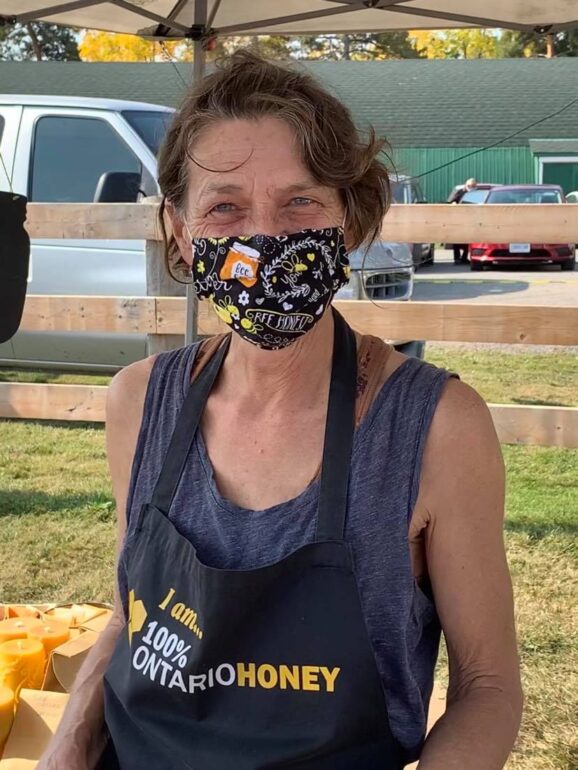As if the rate of dying soil wasn’t enough of a problem for farmers to worry about, COVID-19 has made it abundantly clear that the challenges in agriculture are mounting.
Humber News spoke with Steven Brackenridge, Director of the Ontario Federation of Agriculture (FOA) to elaborate on some of the issues that farmers are facing in the midst of the COVID pandemic.

Steve Brackenridge – Zone 10 Director on the Ontario Federation of Agriculture (OFA) Board of Directors. (Image provided by Tyler Brooks)
“As COVID hit there was an immediate change in the whole distribution system. And in Canada, where we normally had paths to restaurants and to hotel and the beverage and food industry, everything switched to basically people eating from home and the grocery store chains,” he said.
“And we weren’t set up to do that. And so that caused the backlog and processing to begin with. Because even though this product could be handled, it maybe wasn’t being handled at plants that could produce to the new market reality that was available.”
Brackenridge went on to explain how production came to a screeching halt when COVID outbreaks were discovered within these facilities, which meant livestock producers took a huge financial hit.
“Once an animal is ready to go to market, they can’t really be held for very long, they become too large then and get discounted. So there was immediately some losses on the livestock side just because of lack of processing capacity,” he said.
But the concept of farm to table seems to be the saving grace of the farming industry.
Brackenridge explained how consumers are looking to reduce their social interactions or the density of people that they’re having to interact with on a daily basis to get their food, which is why farmers markets come in handy.
But COVID has made that almost impossible as the farmers market season was shortened or completely shut down as a result.
Susan Frame is just one of the many smaller farming businesses effected by the COVID-19 pandemic.

Susan Frame (left) owner of Pinecreek Honey with customer during Milton’s Farmers Market. Photo credit: Kyshia Osei
Frame has been a bee farmer for 20 years, with her ten-year-old business, Pinecreek Honey.
The number of beekeepers in Canada fell by 317 to 10,344 in 2019. Over half of the beekeepers in Canada are located in British Columbia (2,763) and Ontario (2,506).
Frame explained that continuing organically with her business has proven difficult when not much is known about the effects of genetically modified crops on bees and their honey production.
According to Statistics Canada the production and value of honey in Canada had fallen 15.4% to 80.4 million pounds in 2019, the lowest in seven years.
Nationally, the total value of honey sold has gone down 13.8% annually to $173.0 million in 2019. The lowest its been in three years due to lower yields.
“Since this is not a hobby for me, the hardest thing has been the loss of revenue. Because of canceled farmers markets, and festivals. And then not receiving reimbursement for the insurance and the cost of the venue, ” she said.
Frame lost three winter markets and a festival this year and gives a lot of credit to the Milton farmers market, which put proper protocol and safety procedures in place back in May to allow farmers to continue selling their goods safely.
“I do see more of an awareness of shopping local and what it means. As far as the public goes. Hopefully, they realize they’re supporting sustainable family businesses,” she said.
Frame said she was lucky to not have lost many bees this year and that the weather was perfect for them, allowing a bigger yield of honey for the few markets she has been able to attend this year.
Noticing the younger generations taking an interest in more sustainable practices Frame said she remains hopeful for the future of agriculture.


